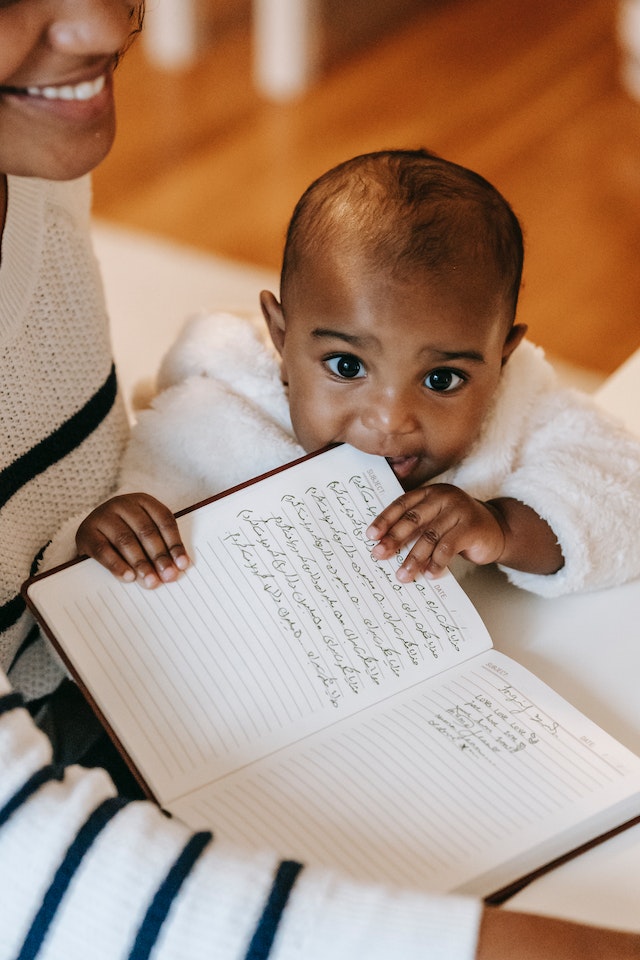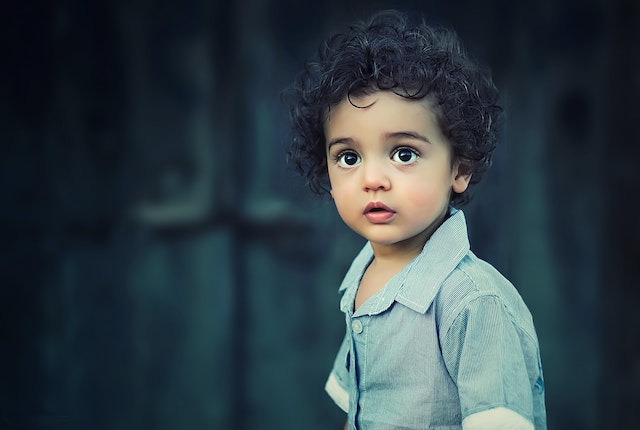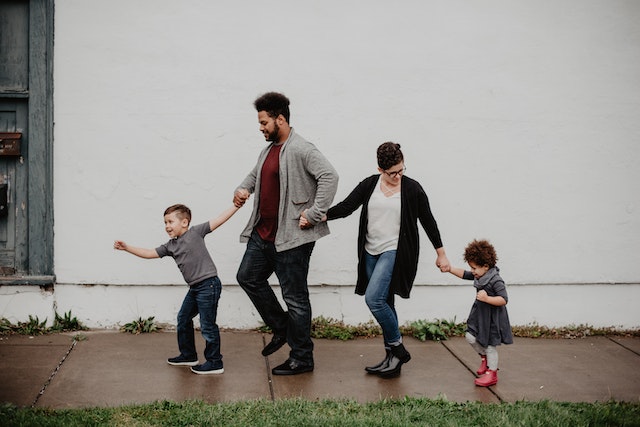Parenting styles have evolved over the years as a result of generational changes and cultural influences.
The way parents raise their children today is vastly different from how their own parents raised them.
These generational changes have had a significant impact on the upbringing of children and their overall development.
In this article, we will explore the various generational changes in parenting styles and the effect of culture on these changes.
The traditional parenting style, also known as authoritarian parenting, was prevalent in the past.
Parents who adopted this style believed in setting strict rules and enforcing them with harsh punishments.
Children were expected to follow orders without questioning or challenging authority.
This style of parenting was common in cultures where hierarchy and obedience were highly valued.
However, as time progressed, the parenting style began to shift towards a more democratic approach.
This parenting style, also known as authoritative parenting, encourages open communication, mutual respect, and a collaborative approach to decision-making.
Parents who adopt this style set rules and boundaries but also provide their children with the freedom to express themselves and make their own choices.
This style of parenting is more prevalent in cultures that value individuality and independence.
Another generational change in parenting styles is the emergence of the permissive parenting style.
This style is characterized by a lack of boundaries and rules, as parents often give in to their children’s every demand.
Permissive parents prioritize their children’s happiness and comfort over discipline and structure.
This style of parenting is common in cultures that value emotional expressiveness and prioritize the child’s needs over everything else.
Cultural influences play a significant role in shaping parenting styles.
In cultures where collectivism and group harmony are emphasized, parents tend to adopt a more authoritarian style.
In contrast, cultures that value individualism and personal autonomy tend to adopt a more democratic parenting style.
Additionally, cultural norms and expectations around child-rearing practices influence how parents raise their children.
For example, in some cultures, physical punishment is considered an acceptable form of discipline, while in others, it is viewed as abusive and inappropriate.
The effect of culture on parenting styles can also have long-term implications for the child’s development.
Research has shown that children raised in authoritarian households are more likely to develop anxiety and low self-esteem, while children raised in permissive households may struggle with impulse control and have difficulty adhering to rules and boundaries.
In contrast, children raised in democratic households tend to have higher self-esteem, better social skills, and are more likely to become independent and self-reliant adults.
In conclusion, generational changes in parenting styles and the effect of culture are significant factors that influence how parents raise their children.
While parenting styles have evolved over time, cultural norms and expectations continue to shape how parents approach child-rearing practices.
Understanding these influences can help parents make informed decisions about how they want to raise their children and ensure that their children develop into healthy, well-adjusted adults.











